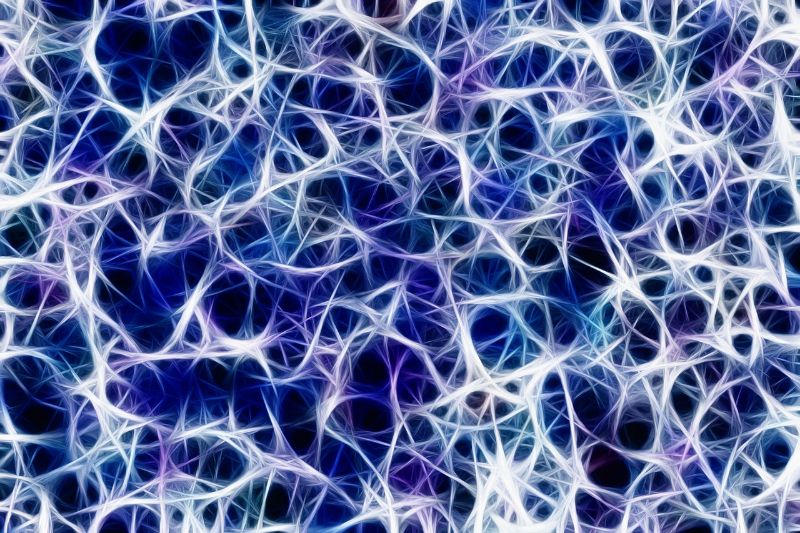
Catalyst Pharmaceuticals has reported top-line data from the Phase III CMS-001 clinical trial of Firdapse (amifampridine phosphate) as a symptomatic treatment of congenital myasthenic syndromes (CMS).
Firdapse holds approval to treat adults with Lambert-Eaton Myasthenic Syndrome (LEMS). It is being developed for the treatment of other neuromuscular and neurological diseases, including CMS.

Discover B2B Marketing That Performs
Combine business intelligence and editorial excellence to reach engaged professionals across 36 leading media platforms.
CMS are rare neuromuscular disorders with a range of more than 50 genetic defects. Patients experience fatigable weakness of skeletal muscles.
CMS-001 is a double-blind, placebo-controlled trial involving a total of 20 patients aged two years and above enrolled over nearly four years. It assessed the safety and efficacy of the drug.
The trial failed to meet the primary endpoint of subject global impression (SGI) and the secondary endpoint of muscle function measure (MFM) across all tested CMS subtypes.
Catalyst said that individual improvements were observed in certain patient sub-groups.

US Tariffs are shifting - will you react or anticipate?
Don’t let policy changes catch you off guard. Stay proactive with real-time data and expert analysis.
By GlobalDataCatalyst Pharmaceuticals chairman and CEO Patrick McEnany said: “While we are disappointed that this trial did not reach its primary or secondary endpoints in the evaluated CMS patient subtypes, we are pleased with the new valuable clinical information that these results will provide to the medical and scientific communities as we work to develop FDA-approved treatment options for patients with this disease.”
The company is set to discuss the trial data with the US Food and Drug Administration (FDA) by the end of the year. The discussion will also involve possibilities to seek approval for amifampridine phosphate in the symptomatic treatment of a select subset of genetic subtypes of CMS.
Catalyst added that patient enrolment is ongoing in the drug’s trial for the treatment of anti-MuSK antibody positive myasthenia gravis (MuSK-MG). Top-line results from this study are expected to be available in the first half of next year.
Data from the spinal muscular atrophy (SMA) type-3 proof of concept study is expected during the same period.



